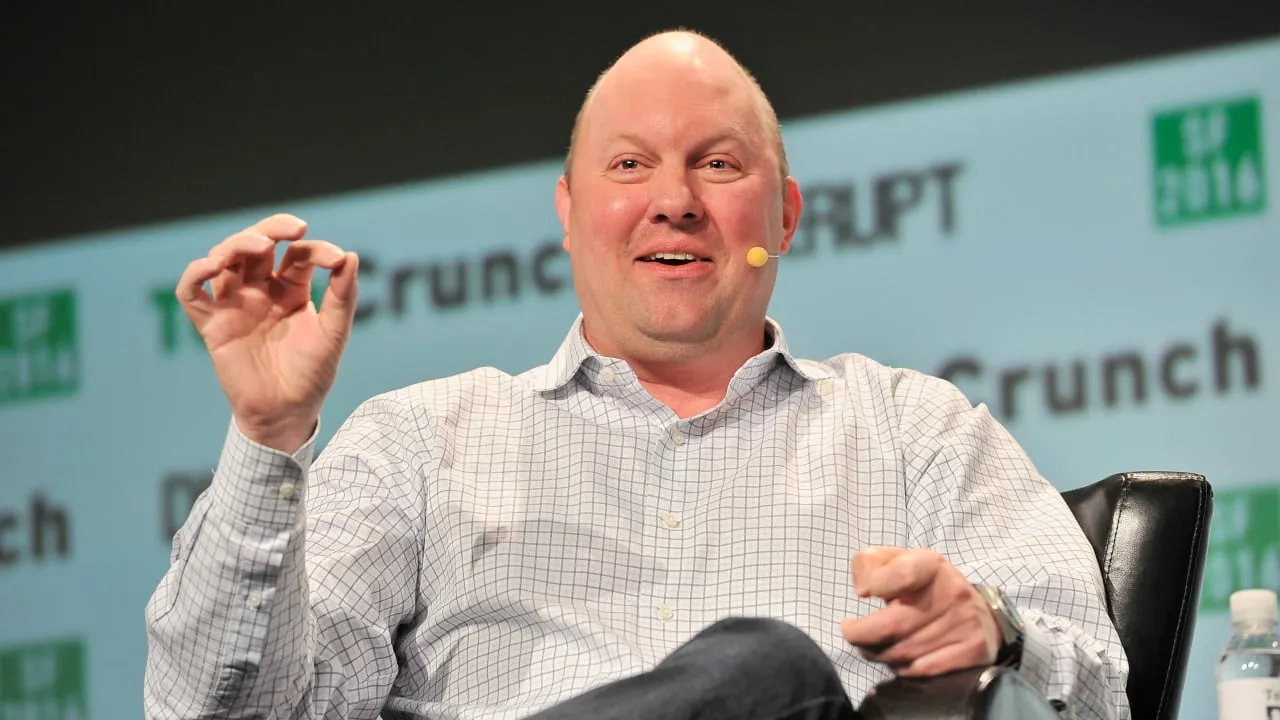In a lengthy Twitter thread, Marc Andreessen—noted venture capitalist and co-founder and general partner at Andreessen Horowitz—laid out the case for allowing AI development, but warned about creating a “government-protected cartel.”
"Big AI companies should be allowed to build AI as fast and aggressively as they can—but not allowed to achieve regulatory capture, [and] not allowed to establish a government-protect cartel that is insulated from market competition due to incorrect claims of AI risk," Andreessen wrote (emphasis his).
He added that believes doing so will maximize the payoff of artificial intelligence advancements to both tech and society.
What Is To Be Done?
I propose a simple plan:
Big AI companies should be allowed to build AI as fast and aggressively as they can – but not allowed to achieve regulatory capture, not allowed to establish a government-protect cartel that is insulated from market competition due…
— Marc Andreessen (@pmarca) June 6, 2023
While known in recent years for its many investments in the cryptocurrency space, Andreessen Horowitz, also known as a16z, has gone big into artificial intelligence. In March, a16z announced an investment in chatbot developer Character AI. The firm invested, and the VC’s general partner Sarah Wang joined the startup’s board.
Startups, Andreessen says, should be allowed to freely compete with market-leading companies to do their best work—and then see who emerges on top.
"Startup AI companies should be allowed to build AI as fast and aggressively as they can," Andreessen said. "They should neither confront government-granted protection of big companies, nor should they receive government assistance."
Rapid advancements in AI, particularly since the launch of OpenAI's ChatGPT in November, have many seeking to regulate the technology before it becomes even more mainstream—or potentially gets out of control, given the possibility of autonomous AI threats. Last month, Microsoft President Brad Smith said that policymakers need to “move faster.”
The growing risk of AI in the entertainment industry led Writers Guild of America (WGA) members to strike after negotiations with the Alliance of Motion Picture and Television Producers failed to reach an agreeable resolution in May on the use of the technology.
Many creators fear that the technology will be used to generate new content based on their older work, which they say would amount to high-tech plagiarism.
"To offset the risk of bad people doing bad things with AI, governments working in partnership with the private sector should vigorously engage in each area of potential risk to use AI to maximize society’s defensive capabilities," Andresseen said, adding that the same level of engagement should also apply to healthcare and climate.
Andreessen championed open-source AI in the thread, saying there shouldn't be any restrictions on it. He believes it's good for students worldwide who want to learn to use AI and be part of the future tech industry. Andreessen wants to make AI available to everyone, regardless of their financial status or background.
"AI can be an incredibly powerful tool for solving problems, and we should embrace it as such," he said.
Andreessen Horowitz declined Decrypt's request for comment.

